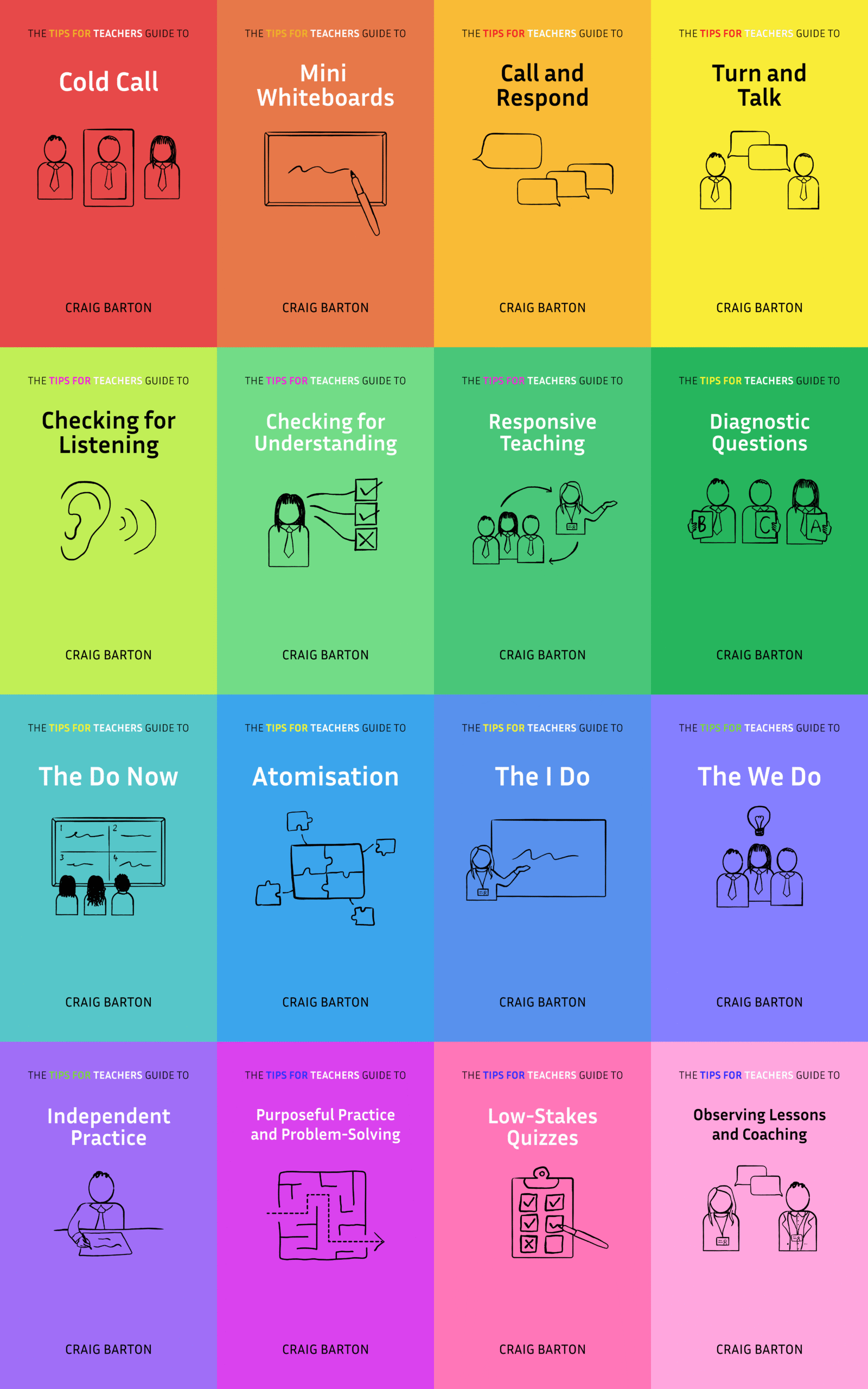Summary
This YouTube video discusses effective strategies for managing student detention. The speaker argues that detentions should be boring to be truly effective, advocating against assigning work that could inadvertently become a reward. A key point is to make it clear that the detention is not an inconvenience for the teacher. Conversely, the speaker also addresses common teacher pitfalls such as expressing negativity or turning detention into an impromptu tutoring session, which undermines the intended purpose. The conversation emphasizes the importance of school policy consistency to ensure student accountability. The overall goal is to create a system where detention serves as a deterrent, rather than a productive or enjoyable activity.
Time-stamps
- 0:32-1:08: This segment emphasizes the importance of a clear school policy regarding detention, particularly ensuring student attendance and escalating consequences for non-compliance.
- 1:08-1:42: The speaker discusses the importance of a teacher’s demeanor during detention. They advise teachers to appear indifferent to the students’ presence and to continue with their own work, like grading papers, to avoid giving the impression that detention is a burden.
- 1:42-2:32: This section covers appropriate and inappropriate activities for students during detention. The speaker advises against using writing as punishment, particularly copying lines or reflecting on wrongdoing. They suggest that missed work can be completed, but other schoolwork should not be assigned as it sends the message that learning is a punishment.
- 2:32-3:00: The core message of the speaker’s approach is highlighted: detention should be boring. Any task given makes it less boring, therefore they recommend having students do absolutely nothing.
- 3:48-4:26: The other speaker in the video acknowledges that they often make detention into an intervention class by helping students with their math work.
- 4:26-4:58: The speakers agree that making up missed work during detention is appropriate, but other activities are not.
What are the key implications for teachers in the classroom?
The sources provided focus on strategies for effective detention, highlighting several key implications for teachers in their broader classroom management:
- Establish a clear and consistent detention policy: The sources stress the importance of a well-defined school policy regarding detention. This policy should clearly outline procedures for issuing and attending detention, as well as consequences for non-compliance. This consistency provides a framework for managing student behavior and helps set clear expectations, leading to a more structured learning environment.
- Present a neutral demeanor during detention: The speaker suggests that teachers should avoid expressing frustration or annoyance during detention. Instead, they should project an air of indifference, as if the students’ presence doesn’t disrupt their work. This approach prevents detention from becoming a power struggle or a source of entertainment for misbehaving students. This principle can be extended to general classroom management – responding to disruptions calmly and matter-of-factly can be more effective than emotional reactions.
- Reconsider using schoolwork as a punishment: The speaker cautions against assigning schoolwork as a consequence for misbehavior. This practice can create negative associations with learning, potentially impacting students’ motivation and engagement. It’s crucial to separate academic tasks from disciplinary measures. While allowing students to catch up on missed work during detention is considered acceptable, using other schoolwork as punishment sends a detrimental message that learning is a chore.
- Embrace boredom as a tool: The sources advocate for making detention as uninteresting as possible, suggesting that even seemingly simple tasks can make it less boring and thus less effective as a consequence. This principle can be applied to managing minor classroom disruptions: a calm, uneventful response can be more effective than engaging in a power struggle, giving attention to the misbehavior, or developing elaborate reward systems.
By implementing these strategies, teachers can create a classroom environment where expectations are clear, consequences are consistent, and learning remains a positive experience.









